
10 Ways Your Body May Change When You Take Turmeric Regularly
Turmeric has recently surged in popularity, with many people praising its health benefits on social media and wellness blogs.

In medicine, bruising of the skin, also known as "subcutaneous hemorrhage," occurs due to the rupture of small blood vessels beneath the skin. This condition is commonly caused by impact or naturally due to deficiencies in vitamins, folic acid, etc.
Almost everyone has experienced waking up with bruises on their legs, yet not everyone knows why it happens.
When you see bruises on your skin, it means that the blood vessels responsible for transporting blood between the heart, tissues, and organs have ruptured due to damage or weakness. When blood vessels break, red blood cells leak out of the vessel walls and degrade, forming bruises that appear purple, yellow, or bluish. If the cause is not related to illness, these morning bruises on the legs typically disappear after a few weeks. Conversely, if the cause stems from an underlying health condition, you should monitor it and seek medical attention early for proper treatment.
So, why do bruises appear on your legs when you wake up? Below are the main causes of sudden bruising on the body:
Waking up with bruises on your legs may be an early warning sign of diabetes. When blood sugar levels rise too high, the blood vessels, skin, and nerves become weakened, leading to internal capillary bleeding. If you regularly wake up with unexplained bruises on your legs without any prior injury, diabetes could be the underlying cause.
People who work out too intensely are also prone to bruising due to ruptured small blood vessels beneath the skin. Therefore, if you play high-impact sports, be cautious to avoid collisions, injuries, and ruptured blood vessels — or even more serious damage.
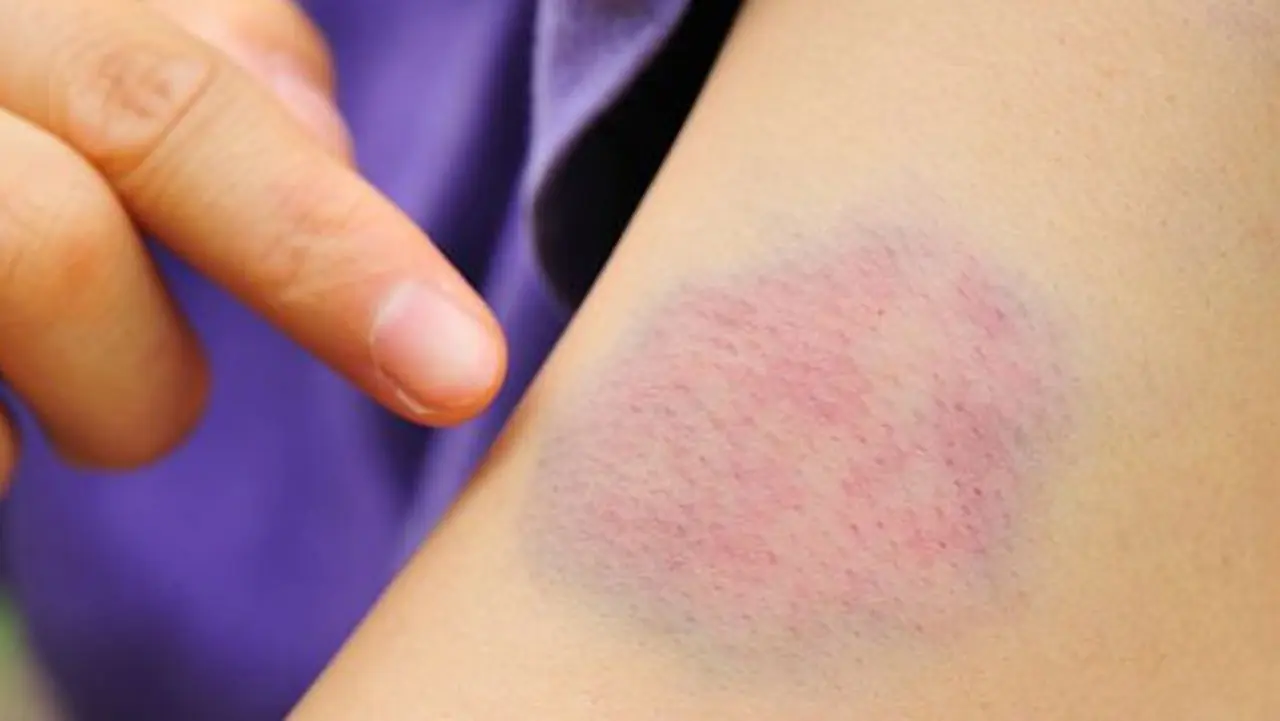
As people age, collagen production in the skin decreases, and the protective fat layer underneath the skin also thins out. This is why individuals over 60 bruise easily, even from light contact.
Some people have conditions where even a slight bump can cause large bruises — or they wake up with bruises without any known impact. If you frequently experience this, you should see a doctor, as it may be due to blood clotting disorders.
Another possible reason for waking up with bruises is long-term use of certain medications such as aspirin, birth control pills, antidepressants, pain relievers, anti-inflammatory drugs, blood thinners, iron supplements, or asthma medications.
In cases of purpura, blood leaks from small capillaries, resulting in thousands of tiny bruises appearing on the skin. Severe cases may also involve intense itching.
Vitamin deficiency — particularly vitamin C — is one of the most common causes of waking up with bruises on the legs. In addition, a lack of vitamin B12 affects blood production, vitamin K deficiency reduces blood clotting, and vitamin P deficiency disrupts collagen production, making blood vessels thinner and more prone to frequent bruising.
People with hormonal disorders — such as low estrogen levels — tend to have more fragile capillaries. Women going through menopause, taking hormone therapy, or those who are pregnant are more likely to develop bruises.
The most effective way to treat a bruise is right when it first appears as a red mark. If an impact occurs, quickly apply an ice pack to the affected area for 5–10 minutes, and make sure to do so within 72 hours of the injury for best results. Do not apply ice directly to the skin, and wait at least 1 hour between each application.
In addition to reducing subcutaneous bleeding and swelling, ice therapy is also effective for sprains, muscle strains, insect bites, and even joint inflammation caused by gout.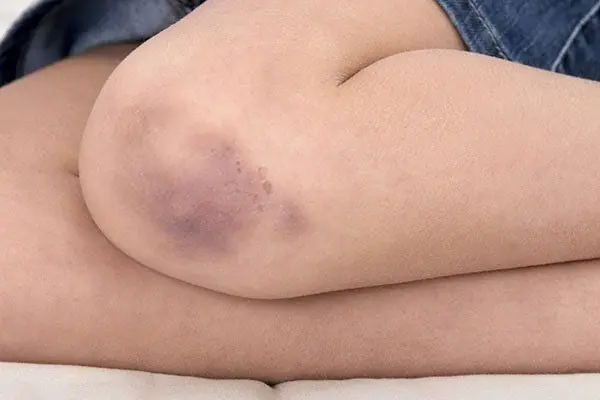
If you wake up with bruises on your legs, try elevating your legs while sitting or lying down to improve blood circulation and reduce swelling. You should also limit movement of the bruised area.
If a bruise is accompanied by fever, appears near the eye area, becomes swollen, red, and very painful, restricts movement, does not fade after 2 weeks, or if sudden and frequent bruises keep appearing — it’s best to see a specialist for diagnosis and timely treatment.

Turmeric has recently surged in popularity, with many people praising its health benefits on social media and wellness blogs.

In the world of natural health, some plants quietly hold extraordinary potential.
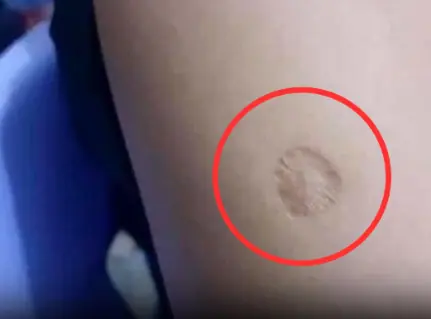
If you grew up in Asia, Africa, Latin America, or parts of Eastern Europe, there is a strong chance you carry a small, round scar on your upper arm.
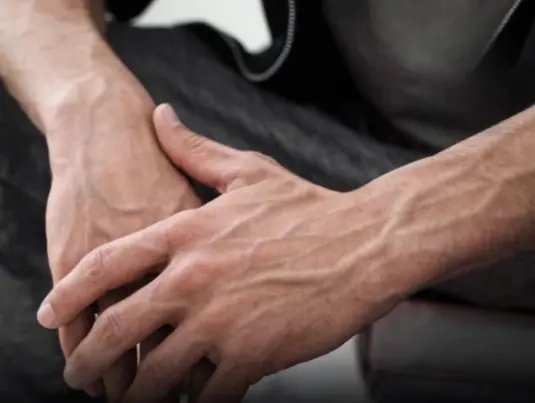
If You See Someone with Bulging Veins, There Are Important Things They Should Know

When Worms and Parasites Multiply Excessively, the Body Sends Warning Signals

If Your Kidneys Are in Danger, Your Body Will Give You These 8 Warning Signs

Many people deal with everyday discomforts such as joint stiffness, heavy legs, or fluctuations in overall cardiovascular wellness.

Tiger tongue is a succulent plant, has a strong vitality, can withstand heat and drought well.

Many people experience occasional stiffness or discomfort in their knees, especially as daily activities like walking or bending become part of routine life.

A simple gesture can create meaningful changes in daily well-being.
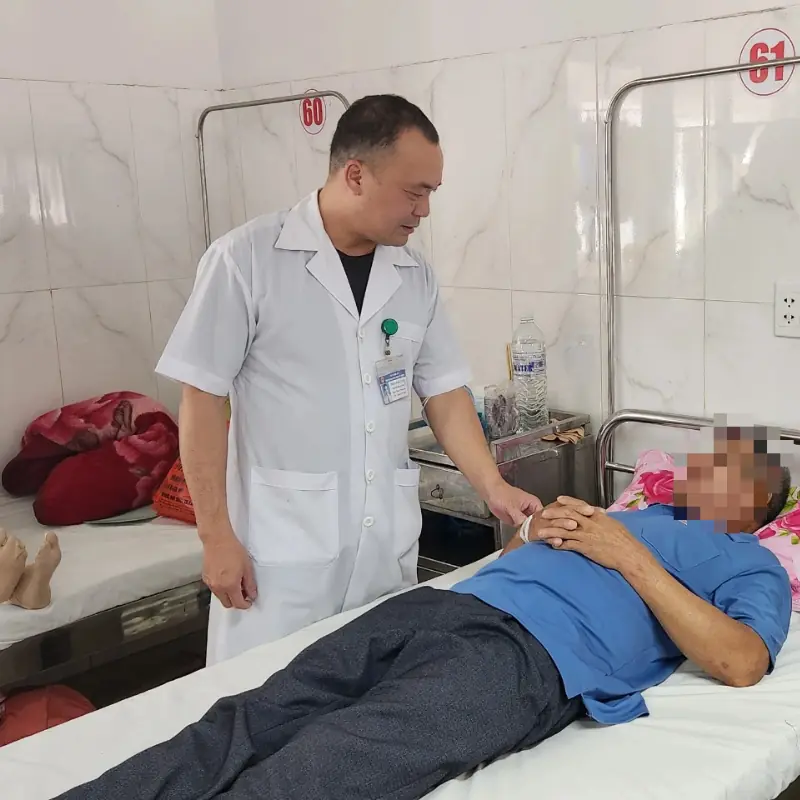
A simple lemon water habit led to an unexpected health outcome.

Some vegetables may pose hidden risks if prepared or eaten improperly.
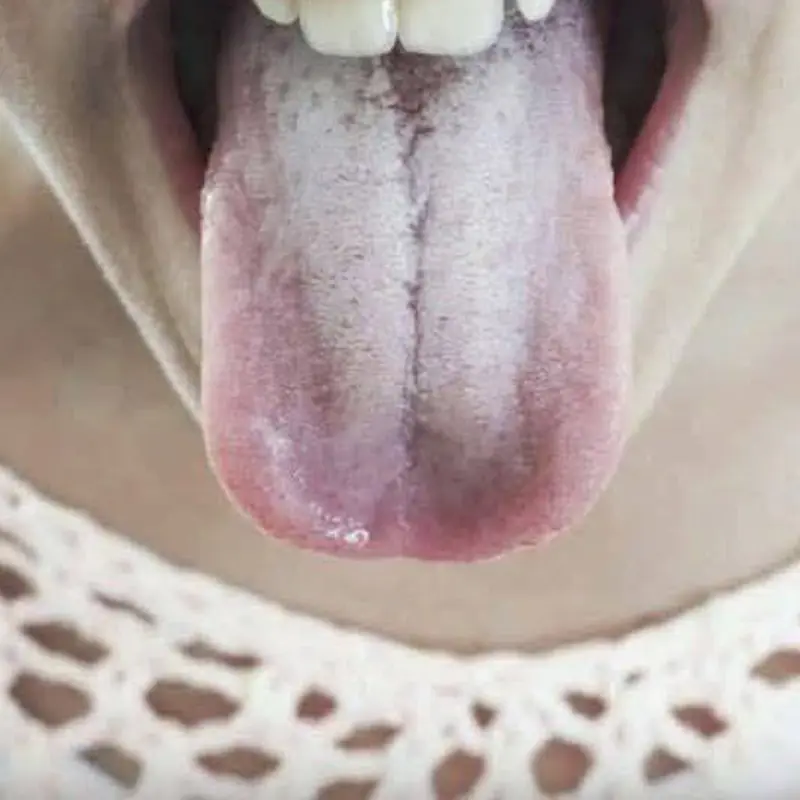
A white tongue may reveal hidden health issues you shouldn’t ignore

Experts say this food may support heart, brain, and overall health

Why moringa, ginger, and lemon are known for supporting natural vitality?

The remarkable health benefits of juniper, an ancient medicinal plant
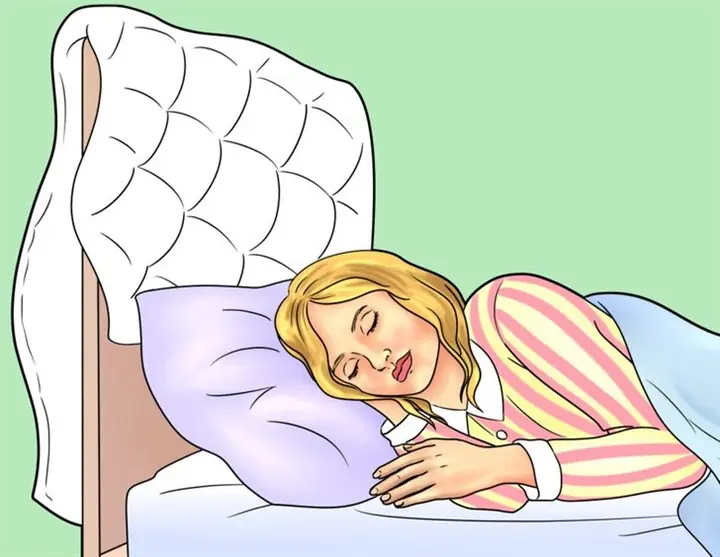
Daytime Naps: Helpful Habit or Something to Monitor?

Health Benefits of Cucumbers — and When to Limit Them

Recognizing Potential Stroke Warning Signs Early

Is It Healthy to Eat Garlic Fried in Ghee Every Day?

Turmeric has recently surged in popularity, with many people praising its health benefits on social media and wellness blogs.

In the world of natural health, some plants quietly hold extraordinary potential.

If you grew up in Asia, Africa, Latin America, or parts of Eastern Europe, there is a strong chance you carry a small, round scar on your upper arm.

If You See Someone with Bulging Veins, There Are Important Things They Should Know

When Worms and Parasites Multiply Excessively, the Body Sends Warning Signals

If Your Kidneys Are in Danger, Your Body Will Give You These 8 Warning Signs

Many people deal with everyday discomforts such as joint stiffness, heavy legs, or fluctuations in overall cardiovascular wellness.

Tiger tongue is a succulent plant, has a strong vitality, can withstand heat and drought well.

Many people experience occasional stiffness or discomfort in their knees, especially as daily activities like walking or bending become part of routine life.

A simple gesture can create meaningful changes in daily well-being.

A simple lemon water habit led to an unexpected health outcome.
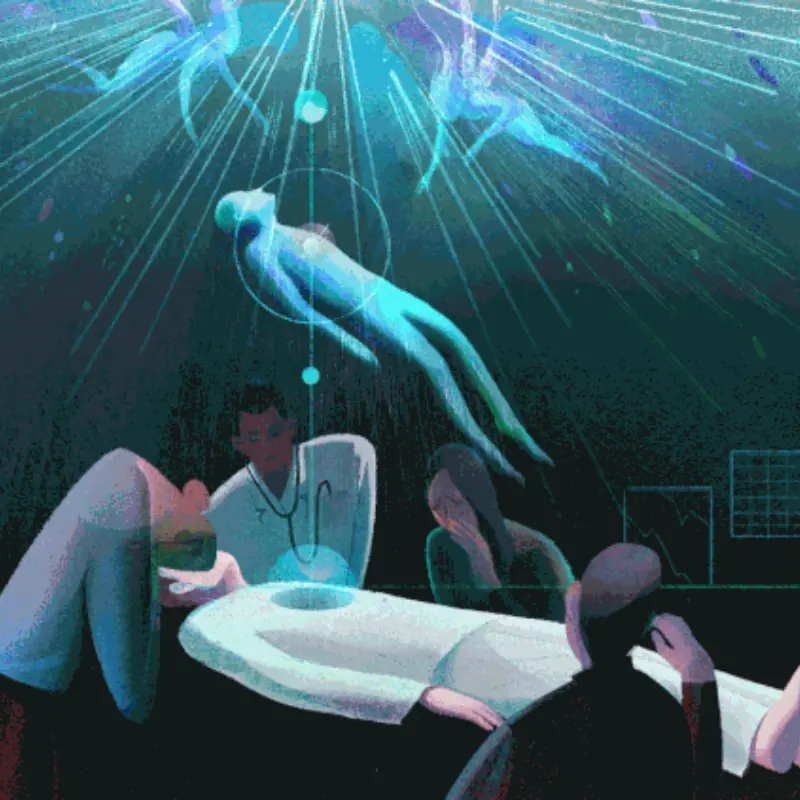
Some funeral items hold deep meaning and should be kept with care.

Some vegetables may pose hidden risks if prepared or eaten improperly.

Detergent alone may not be enough—try this easy laundry trick today.

Cooking rice with only water? Experts say you may be missing a step

A white tongue may reveal hidden health issues you shouldn’t ignore

Experts say this food may support heart, brain, and overall health

Why moringa, ginger, and lemon are known for supporting natural vitality?

The remarkable health benefits of juniper, an ancient medicinal plant

A quick kitchen trick to dissolve pipe grease, clear blockages, and freshen your sink